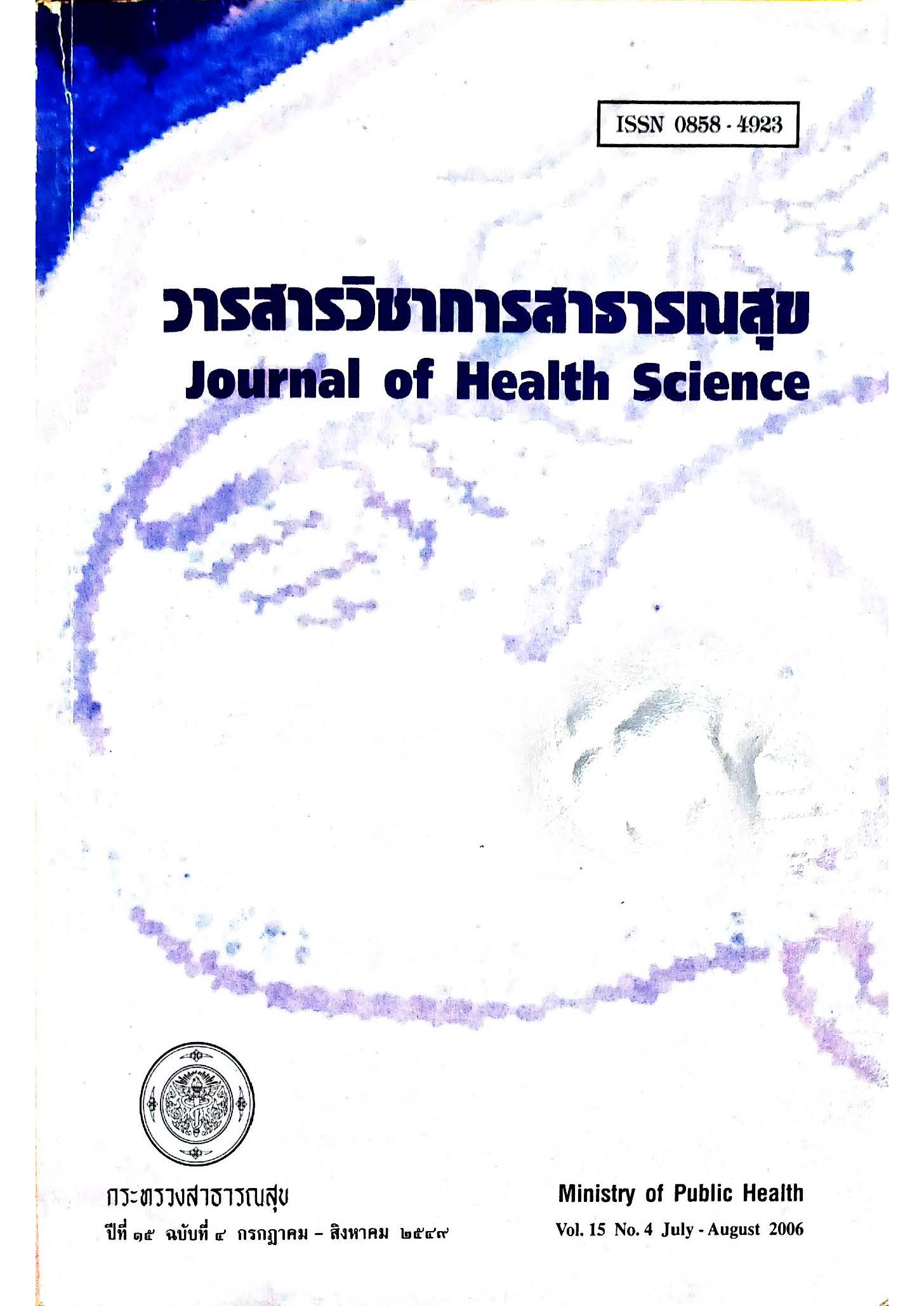Policy Recommendations on Extending Access to Renal Replacement Therapy under Universal Coverage in Thailand
Keywords:
health policy, efficiency, equity in access to health care, renal replacement therapy, Universal Coverage, health insurance, rationingAbstract
The aim of this study was to explore policy options for the extension of access to renal replacement therapy (RRT) under universal coverage in Thailand. Policy options proposed mainly relied on two objectives: efficiency in utilizing government health resources and equity in access to health services. Human right and ethical principles were also integrated into these policy options.
Several research methods including literature reviews, secondary data analysis, in-depth interviews with stakeholders, and the analysis of policy options based on the WHO manual on ethical dimensions of health resource allocation were employed. Researchers from IHPP-Thailand, Harvard University, University of Bergen, and the WHO jointly explored this issue during May - June 2005.
Results revealed that neither hemodialysis nor peritoneal dialysis was cost-effectiveness due to its expensive cost per life year saved. However, protecting households against financial catastrophe justified public funding for RRT and to be financially feasible, rationing was unavoidable. Among four alternatives emerging through the extensive literature review and a series of stakeholders' consultation, the study advocated end-stage renal disease (ESRD) prevention and the provision of RRT to every patient, up to an age cut-off, or to every patient with a fix number of RRT years by providing more years to the younger patients. These two options were financially feasible and achieve ethical principles of providing equal chance to all patients, while the other two alternatives which provide life-time medical services to all or selected some would become relatively less possible.
Regardless of which policy options that the government will take, a substantial improvement of many crucial issues including primary and secondary prevention of end-stage renal disease, adequate and sustainable health care financing, an efficient RRT service system, an establishment of central purchasing and bargaining system on peritoneal dialysis (PD) solution and erythropoietin injection, a mandatory report of Thailand registry of renal replacement therapy (TRT registry), incentives for PD, and an effective kidney transplantation system is needed.
Downloads
Downloads
Published
How to Cite
Issue
Section
License

This work is licensed under a Creative Commons Attribution-NonCommercial-NoDerivatives 4.0 International License.







